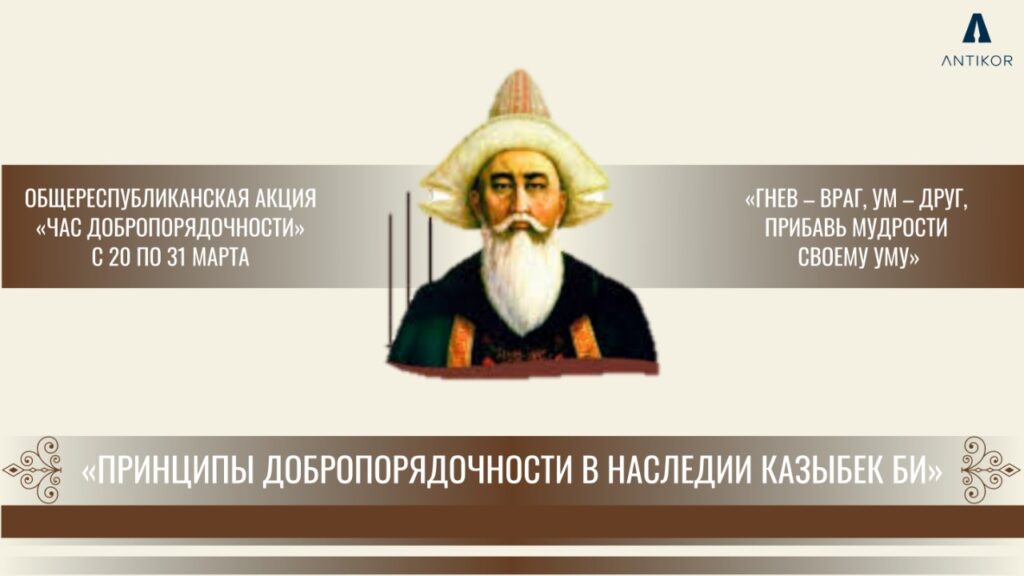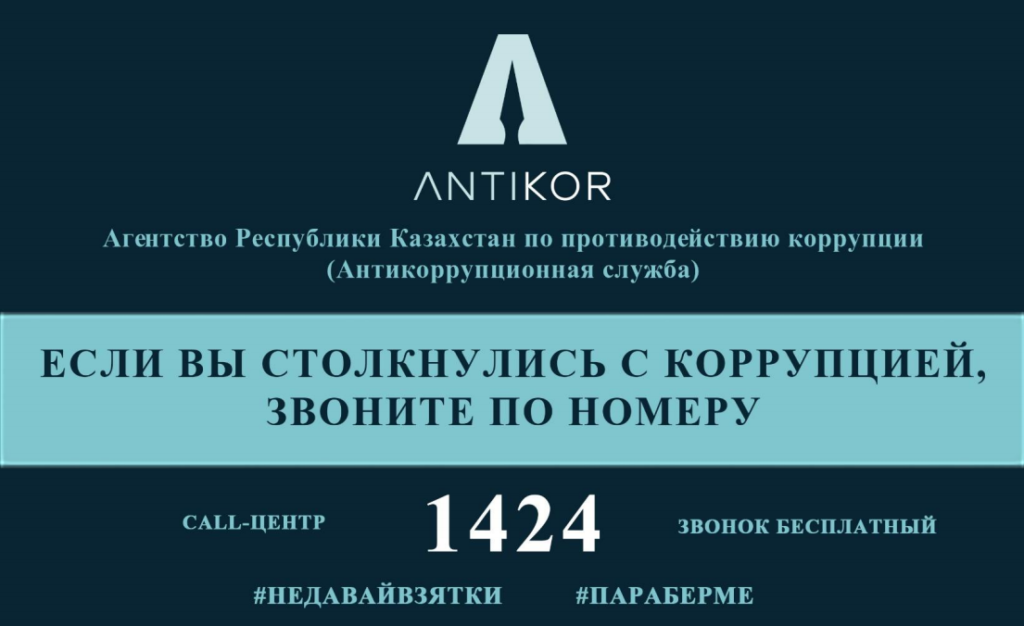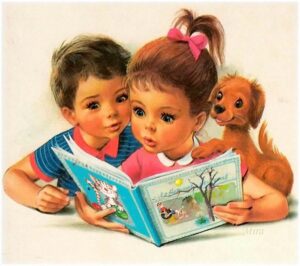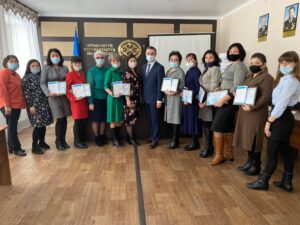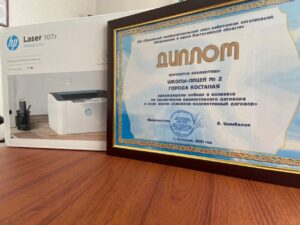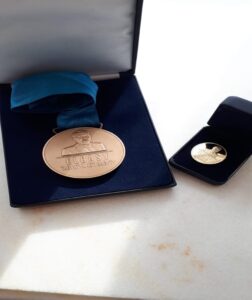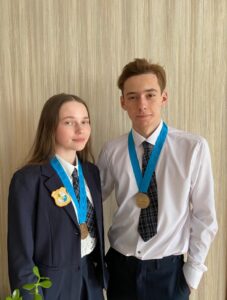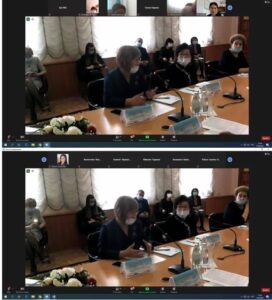April 1 – International Bird Day.
“If you have caught a bird, then do not keep it in a cage,
do not make her want to fly away from you,
but she couldn’t. And make it so that she can fly away,
but didn’t want to. “
Bhagwan Shri Rajneesh
Every year on April 1, many countries around the world celebrate the oldest international ecological holiday on our planet – International Bird Day. At present, it is being held within the framework of the biological program of the international organization UNESCO “Man and the Biosphere”.
Initially, this holiday arose in 1894 in the state of Pennsylvania (USA), on the initiative of a talented teacher in love with nature, who proposed on this spring day, when birds begin to return from their wintering grounds to their homeland, to organize a massive ecological holiday on which children will learn to love and protect birds, without which it is impossible to imagine a happy life on our planet.
Simultaneously with the arrival of birds from wintering grounds, people celebrated the arrival of spring, symbolically living together with nature, awakening from hibernation.
Adults and children watched and rejoiced at the return of migratory birds and their first spring songs. Rooks are usually the first to arrive at their homeland, followed by starlings, robins, white wagtails, finches and many others.
The International Convention for the Protection of Birds useful in Agriculture, signed on March 19, 1902 and entered into force on December 12, 1905, became the first international convention in the field of environmental protection. The 1902 document was replaced by the International Convention for the Conservation of Birds, signed on October 18, 1950 in Paris – it already considered all types of birds, not just those that are useful for agriculture.
Since 1926, Bird Day has been celebrated in the USSR as an official holiday. In 1927, Bird Day was held in all districts of Moscow, about 5 thousand schoolchildren took part in it. In 1928, the number of participants reached 65 thousand children, they hung more than 15 thousand birdhouses.
The annual celebration of Bird Day was cut short by war, but in 1948 the movement was revived. The holiday gained even greater scope, in 1953, 5 million schoolchildren were attracted to participate in it. But already by the 60s – 70s of the 20th century, the celebration of the Day of the Birds had come to naught again. And only in 1994, when bird watchers sounded the alarm and created the Russian Bird Conservation Union, the holiday was revived.
The problem of bird protection is extremely urgent, since over the past 400 years more than 100 unique bird species have disappeared from our planet, and many bird species are now on the verge of extinction.
Hundreds of thousands of hectares of forests, which were the habitat of thousands of bird species on different continents, are annually brought down from the face of the Earth. The growing threat of pollution of the atmosphere, oceans and other water basins with heaps of garbage, toxic waste, oil spills, leads to massive deaths of birds. Poachers also make their contribution here, illegally catching a huge number of beautiful exotic birds for sale in private hands.
We can only hope that the younger generation will be more responsible for the nature of our planet, so that thousands of the most beautiful birds and their wonderful singing will not disappear from the face of the Earth. Then the birds will beckon children upward and give a feeling of free flight … Otherwise it would be a very quiet, gray and dreary planet.
In the school library you will find the exhibition “April 1 – International Bird Day!” from March 30 to April 5.


